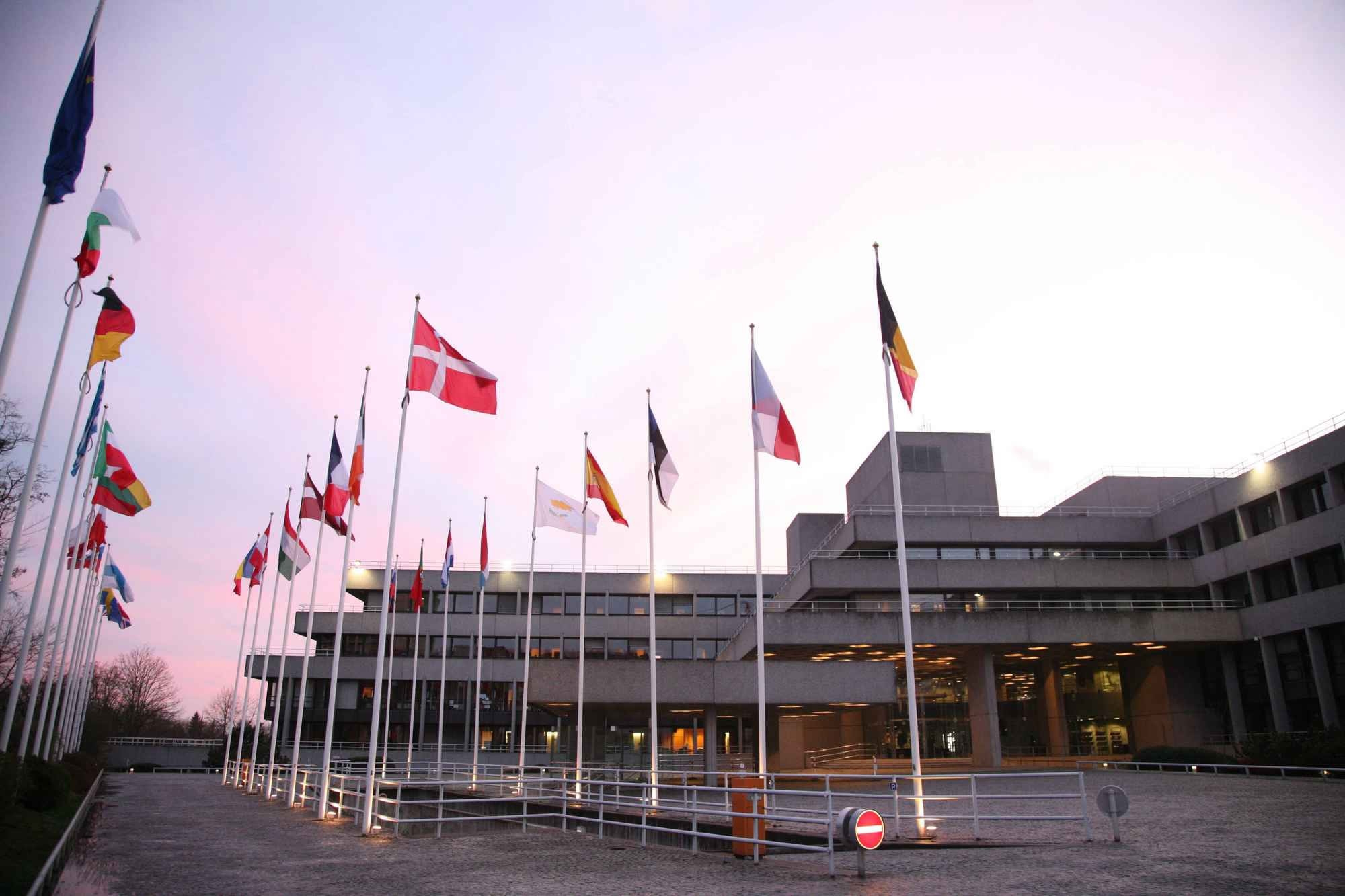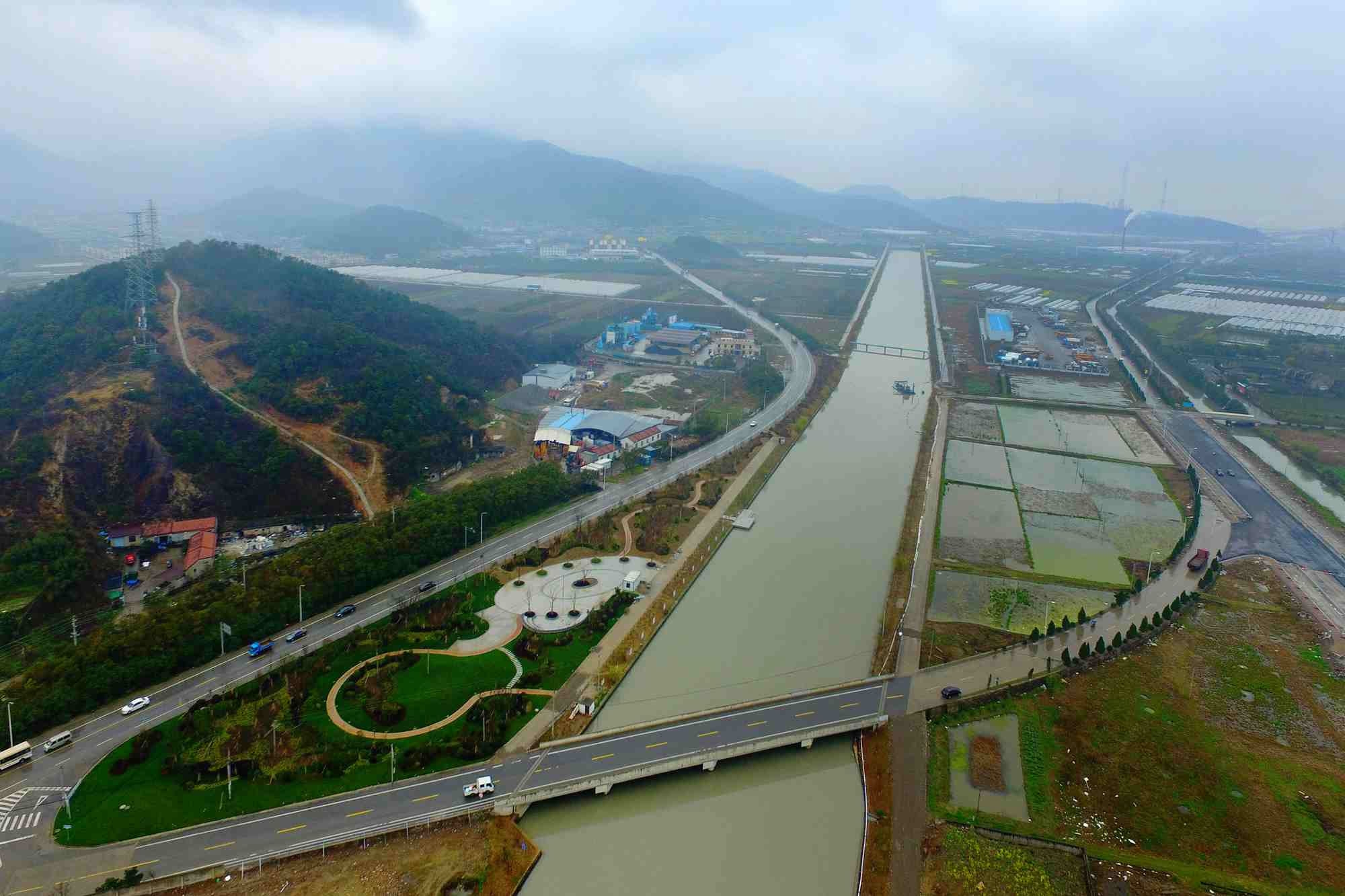The European Investment Bank (EIB) has committed to increasing support for climate-related investment in China, a senior official of the bank said.
Jonathan Taylor, vice president of the EIB, the European Union's long-term lending institution, said the bank has a strong pipeline of climate-related projects across China, including urban transport, forestry and energy efficiency, under examination and expected to be financed in the coming months.

Headquarters of European Investment Bank (EIB) in Luxembourg. /CFP Photo
The bank plans to lend 500 million euros (about 540 million US dollars) to Chinese projects this year and another 500 million euros in 2018, according to Taylor.
Last year, the bank lent 298 million euros to eight Chinese projects, ranging from forestry and energy efficiency to biomass for energy conversion.
The EIB is also working with China's central bank on the "harmonization" of green bond standards, Taylor said.
"We are seeking to arrive at an acceptable common standard between China and Europe to enhance investors' confidence and to support green finance," he said.
On Wednesday, the People's Bank of China (PBOC), China's central bank, and the EIB announced a joint initiative to provide a clear framework for analysis and decision-making in green finance.

Forestry along a river in Zhoushan city, east China's Zhejiang Province. /CFP Photo
PBOC economist Ma Jun said earlier this week that one barrier to cross-border green capital flow was the lack of consistent standards between markets, adding that China will make its green bond standards more consistent with international criteria to help attract more investment.
China is pushing the development of green finance to support its industrial upgrading and anti-pollution campaign.
According to credit rating agency Moody's, green bond issues worldwide hit a record high of 93.4 billion US dollars in 2016, rising 120 percent from a year earlier, bolstered by China-based issuers.
China accounted for nearly 40 percent of new green bonds last year, followed by the United States, France and Germany, according to Moody's.
(Source: Xinhua)









